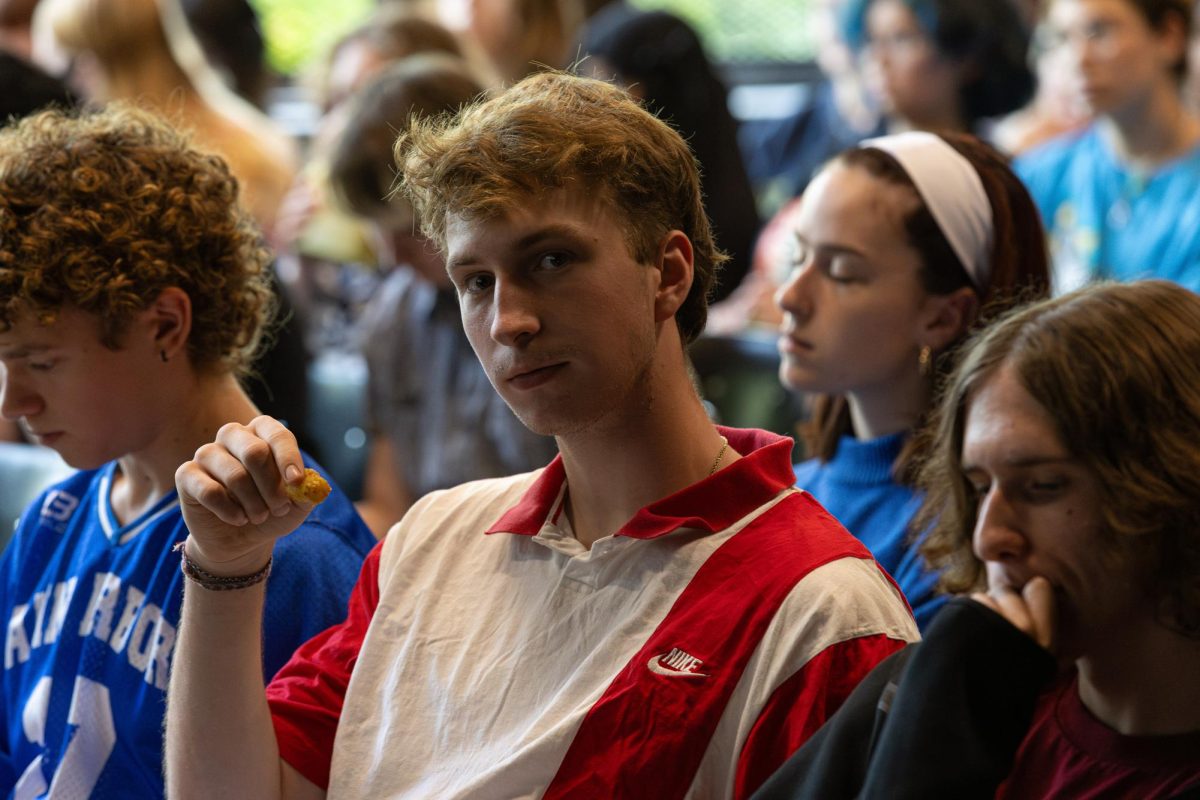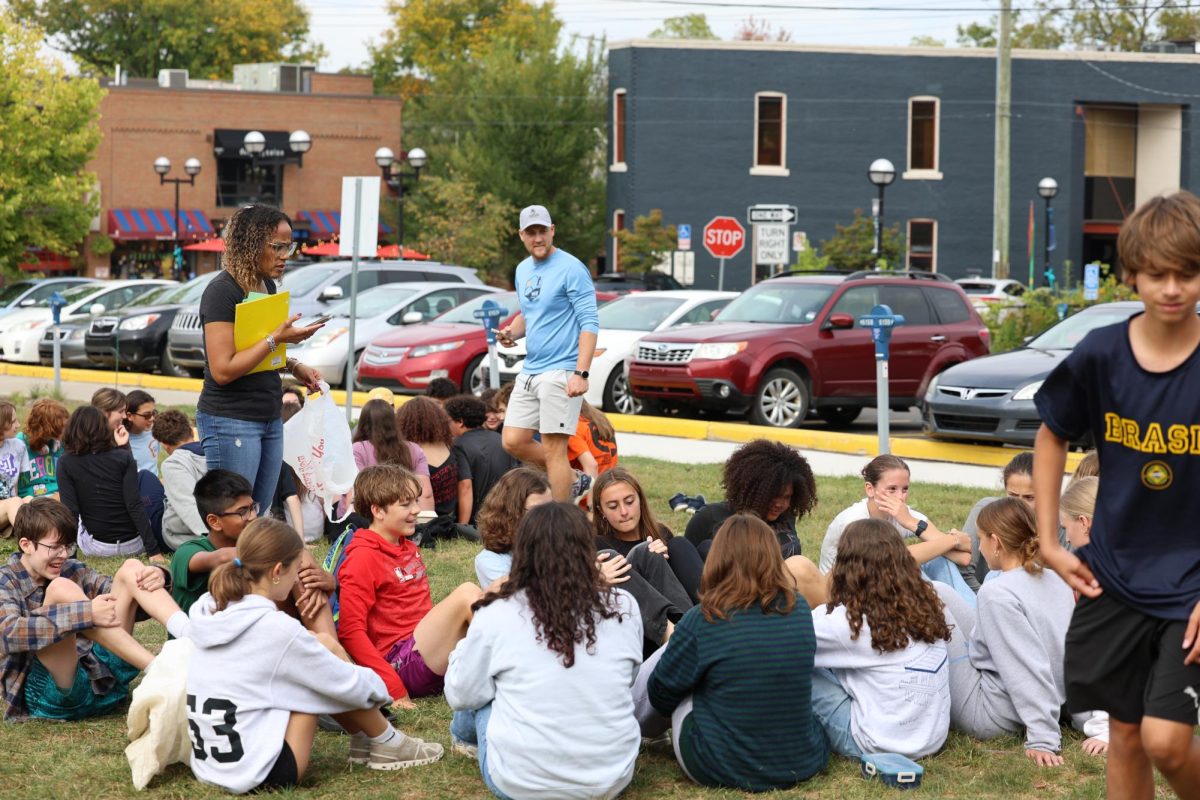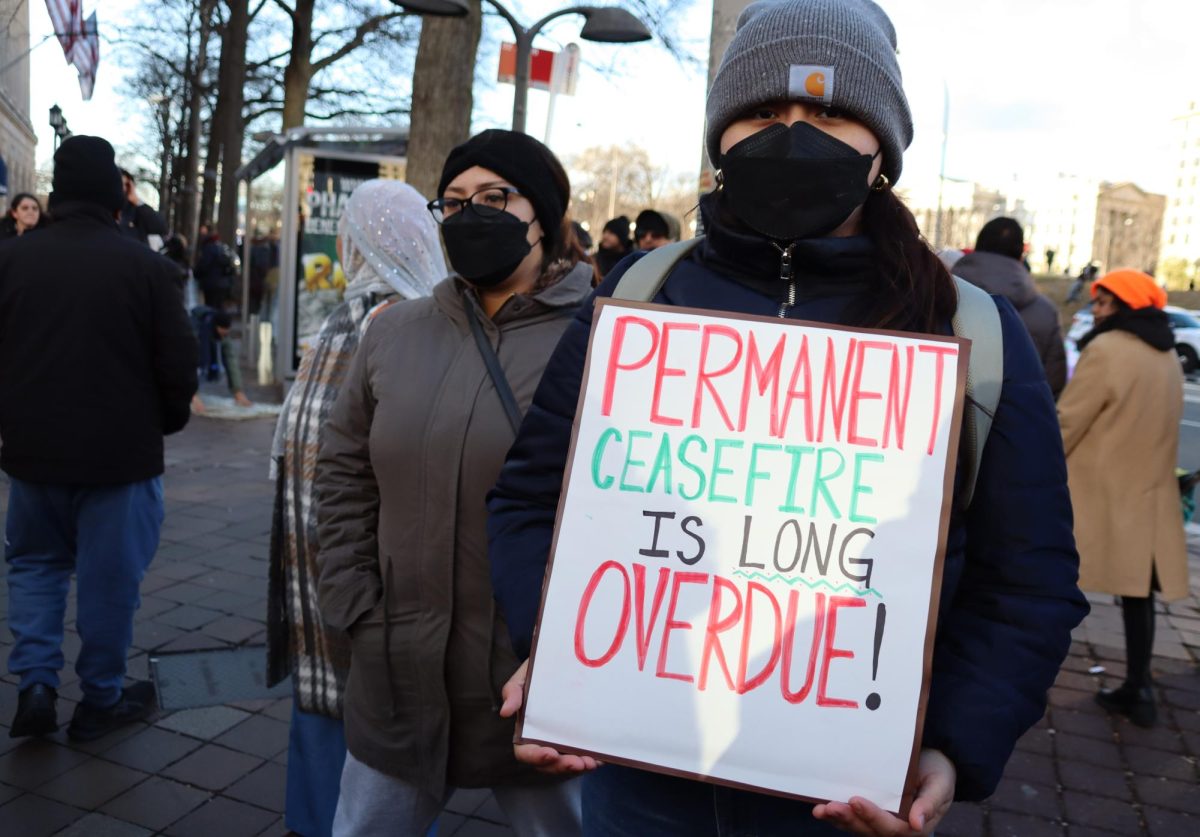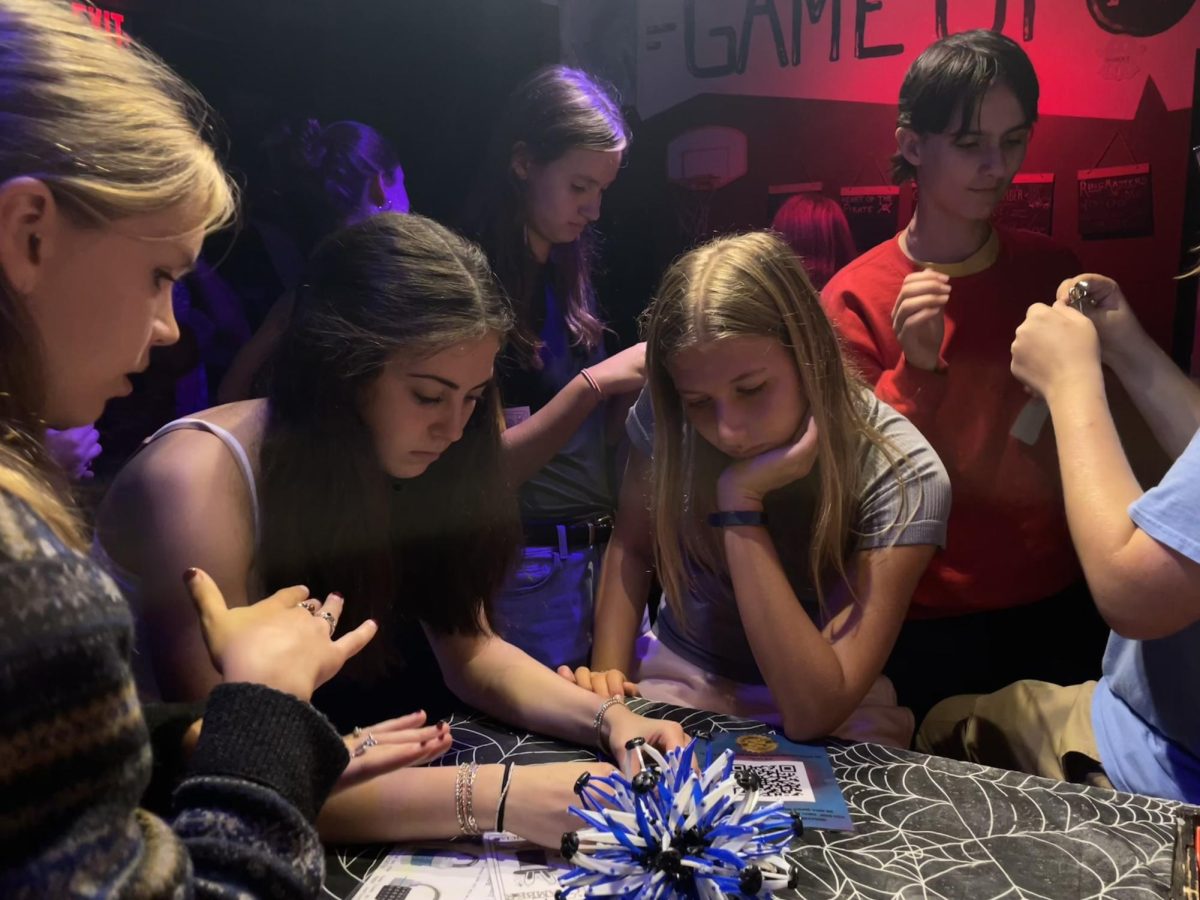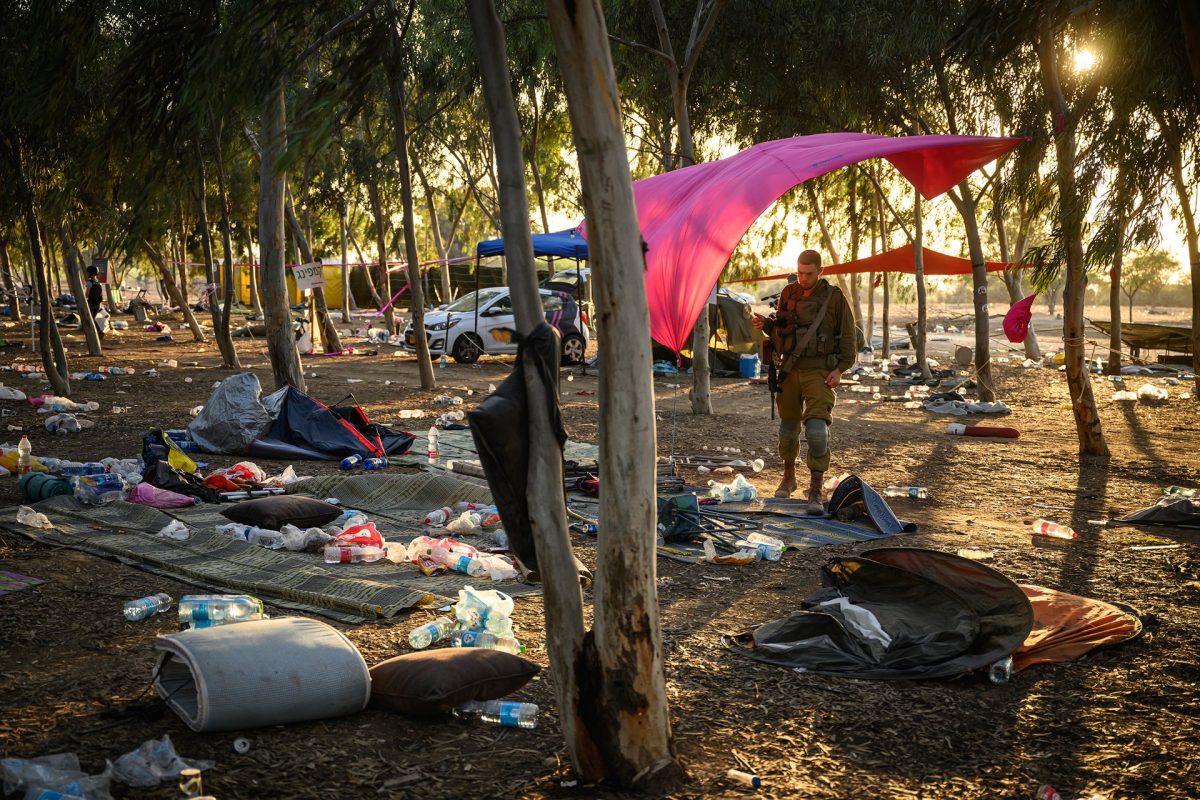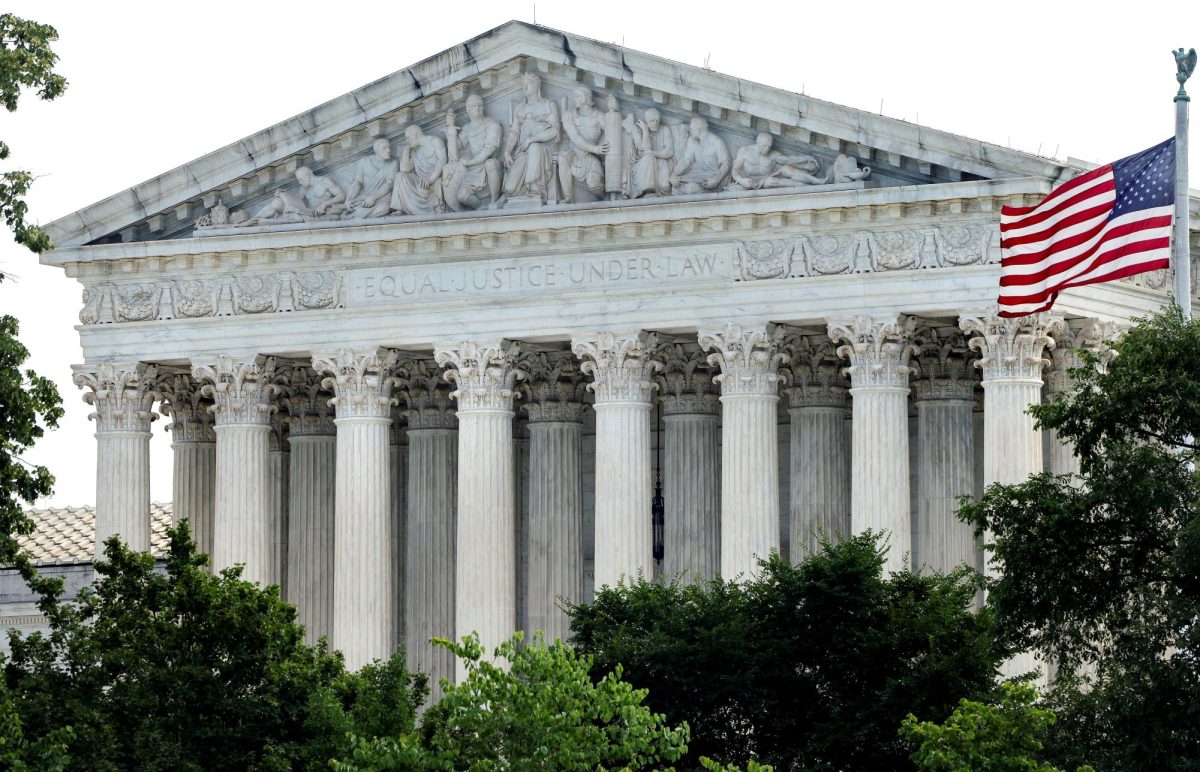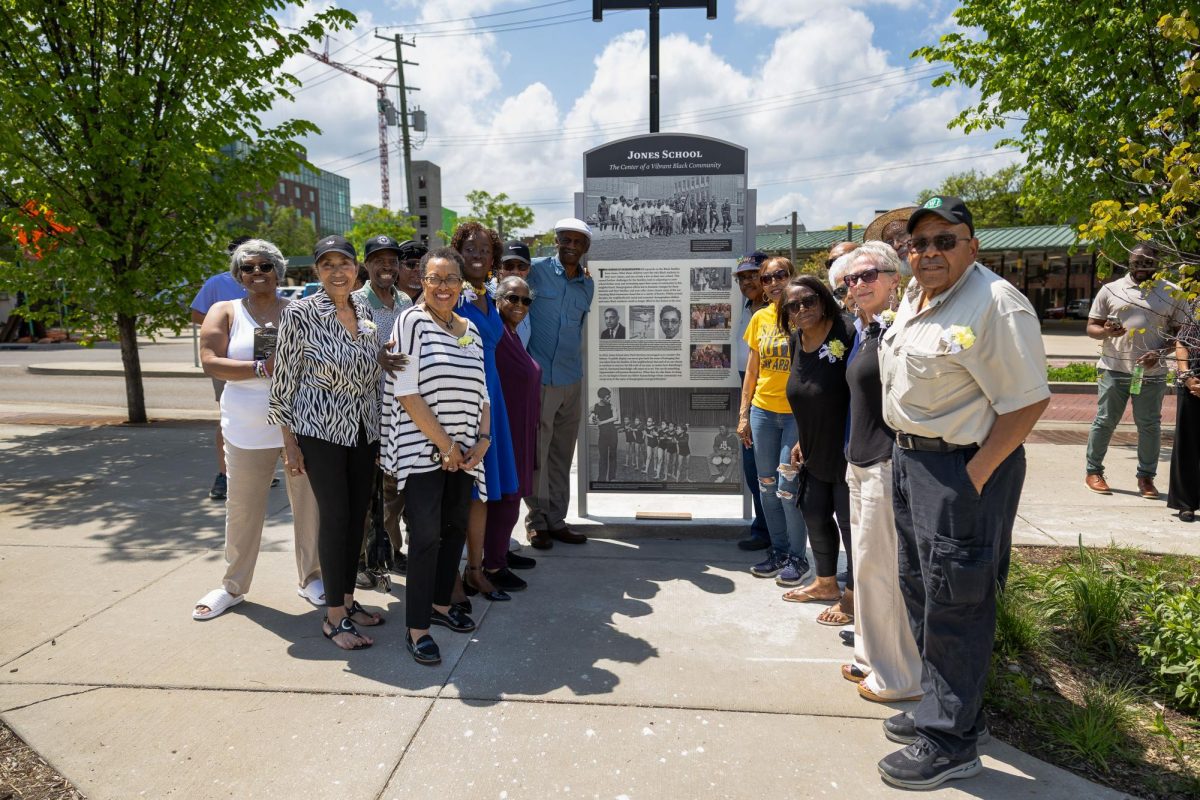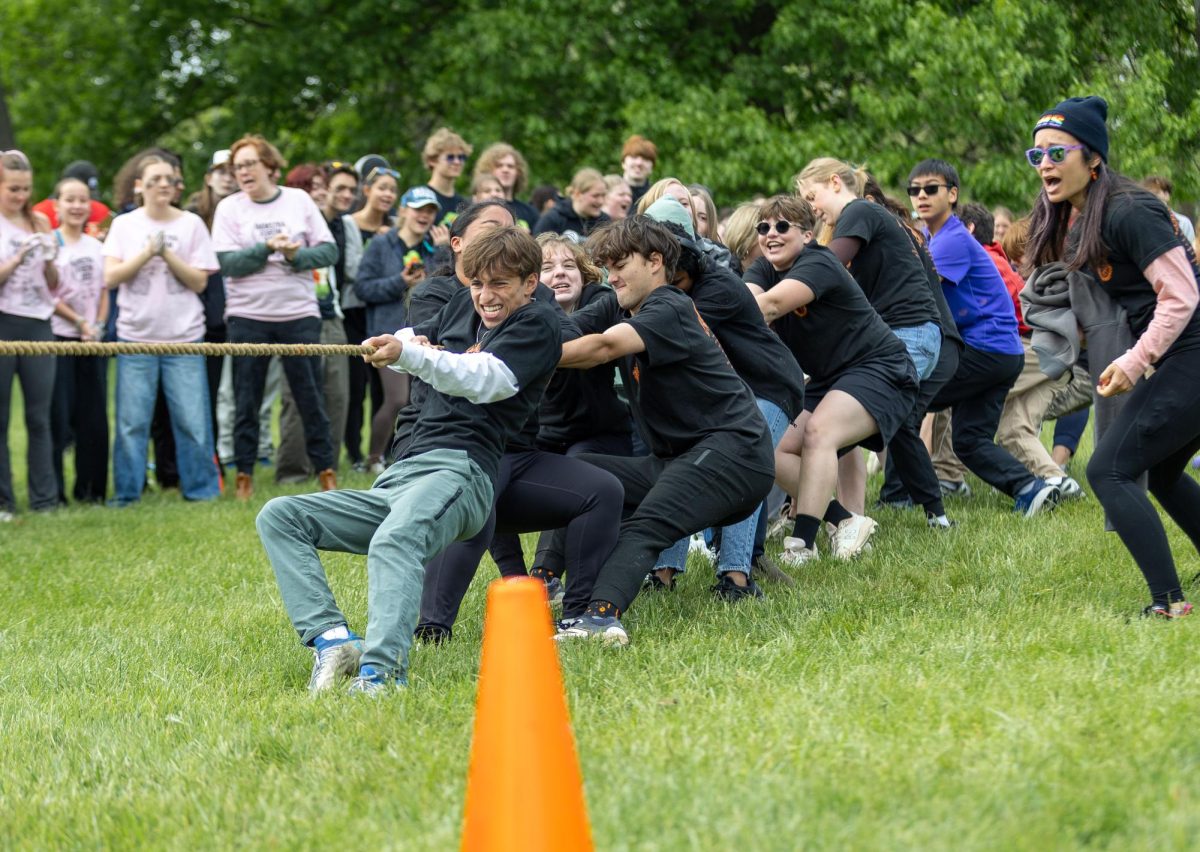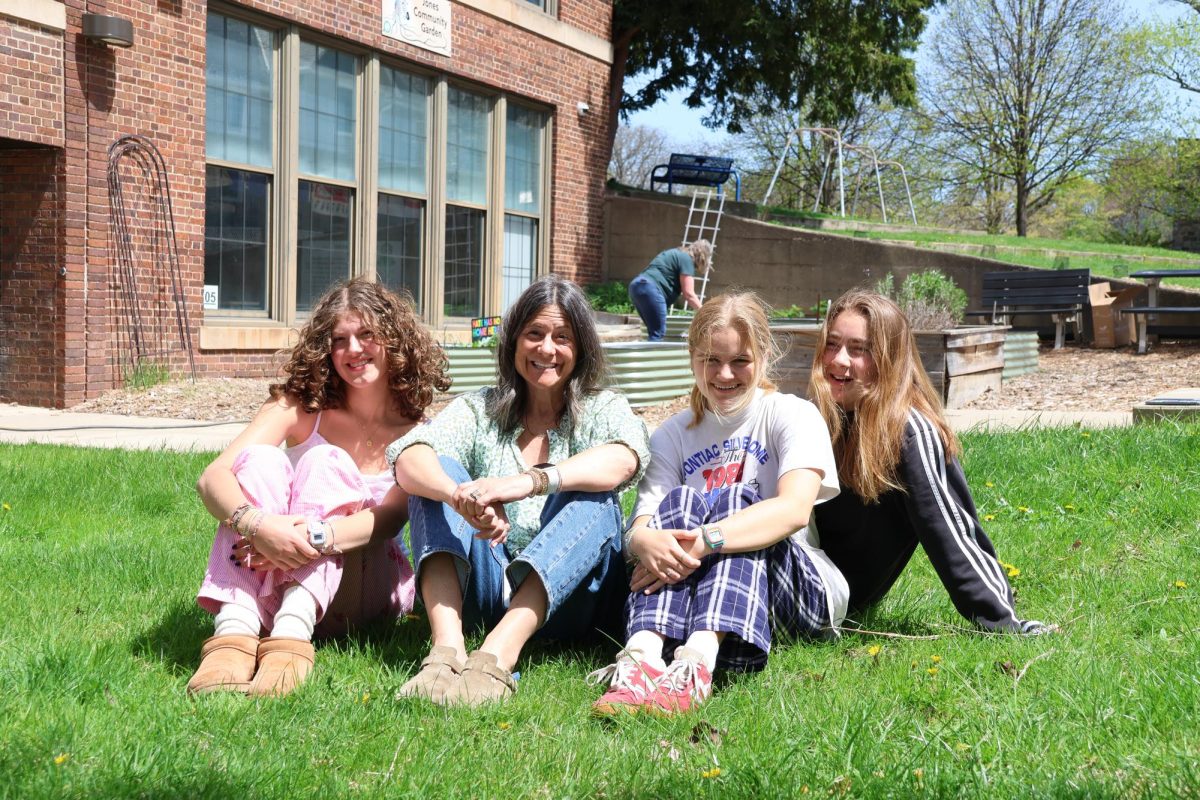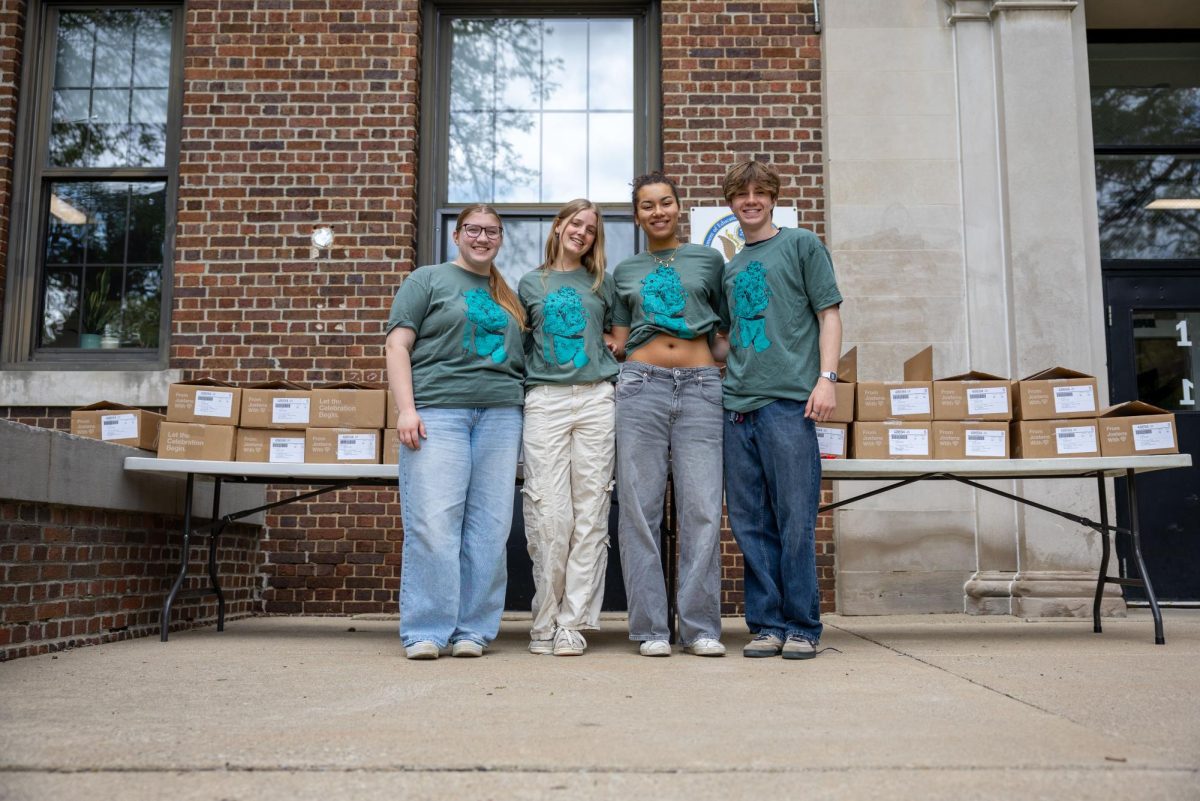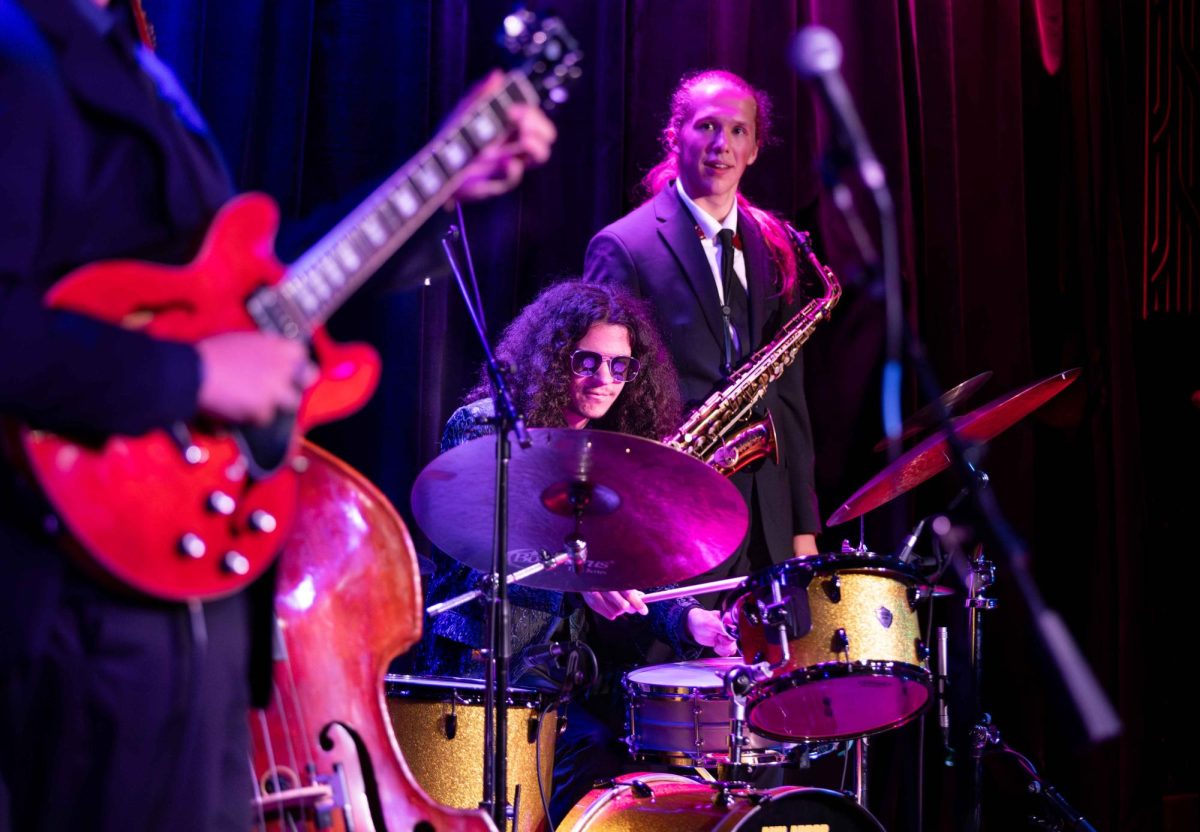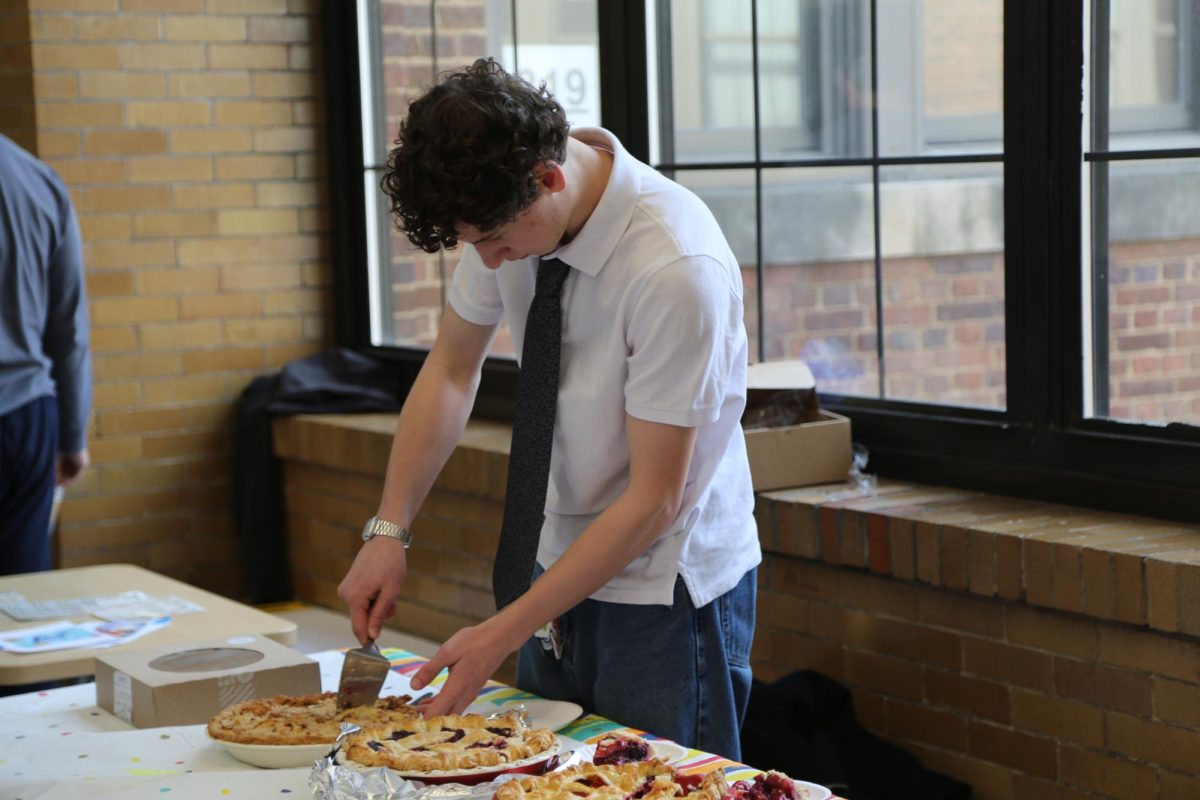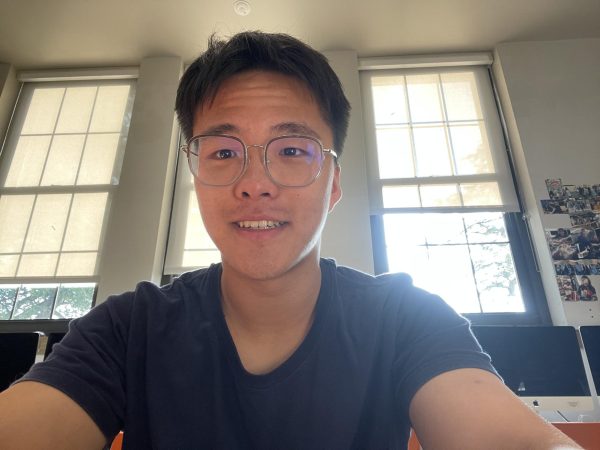On Sept. 4, 2024, the class of 2025 gathered in the Craft Theater for their first senior meeting of the year. During the meeting, counselor Brian Williams shared a presentation providing an overview of tasks that students are expected to complete for college applications. This meeting served as an essential introduction to the college application process, ensuring that all students understood the steps they needed to take to prepare for their future.
The meeting began by reminding students to check their transcripts. Students are advised to ensure they meet graduation requirements (4.0 ELA, 4.0 Math, 3.0 Social Studies, 3.0 FOS, 2.0 WL, 2.0 Art, 0.5 Fitness, 0.5 Health, 4.0 Electives,) and additionally, students should verify the accuracy of their credits, confirm their GPA and check their name and demographic information. By reviewing their transcripts earlier on, students have time to address any discrepancies or missing credits, ensuring they are on track to graduate on time.
Next, the meeting covered the college search process. In September, students should start building a college list. The Common Application (Common App.) is the most widely used tool for applying to colleges in the U.S., and students can visit school websites and attend events to see if a school is a good fit. If students can’t visit in person, online resources like YouTube videos and student perspective websites are other ways to get a sense of a campus’ atmosphere. However, while many of these steps can seem complicated, Williams stresses that the process does not have to be overwhelming.
“The process itself is simple, we’re just applying, you’re filling out an application,” Williams said. “You’ve hopefully done some research, figured out schools you want to apply to, and you narrow down a list that you feel like, ‘I’ve got a good shot at many of these schools’. The hardest part is sitting and waiting to hear back.”
Most colleges require at least one letter of recommendation, which provides a way for colleges to get to know students from another perspective. Students are required to ask their teachers in person or via email before requesting the recommendation on the Common App. Generally, students choose two teachers of two academic subjects—one STEM teacher and one Humanities teacher. It is not advised to pick two teachers from the same department, however, there are exceptions. Students can also use the counselor letter spot wisely by including a professor, forum leader or CR teacher. For senior Meghan Pillote who plans to apply to art school, her art teacher will be one letter of recommendation.
“I’ve talked to the counselors a little already, and they’ve definitely helped me out with trying to figure out what direction I want to go into,” Pillote said. “But, I think at the end of the day, that’s my own choice, and I have to plan that out.”
Williams advised that students set up a planner for the upcoming months, as November is the deadline for most Early Action and Early Decision programs. In September, students should create their Common App, make a college list, ask for counselor and teacher recommendation letters and learn about the colleges they might want to apply to. In October, students should draft essays, finish supplemental writing for schools and be aware of deadlines. Finally, they should submit applications by Nov.1 for Early Action and Early Decision schools (Early Action: non-binding, with admission results usually released earlier than Regular Decision. Early Decision: binding, where students are legally obligated to attend the institution if accepted). Regular Decision due dates vary, but are usually in January or February.
The application season can be stressful for many. However, it might not be as difficult as students think. In fact, it could turn into a rewarding process by helping students understand which school they want to attend and what they need to do to get in.
“I think seniors tend to stress,” Williams said. “You’re really kind of looking ahead and planning your next steps in life, and that should be fun, right? So that’s what we try to do at this meeting—get into that mindset that this [application process] can be enjoyable.”



